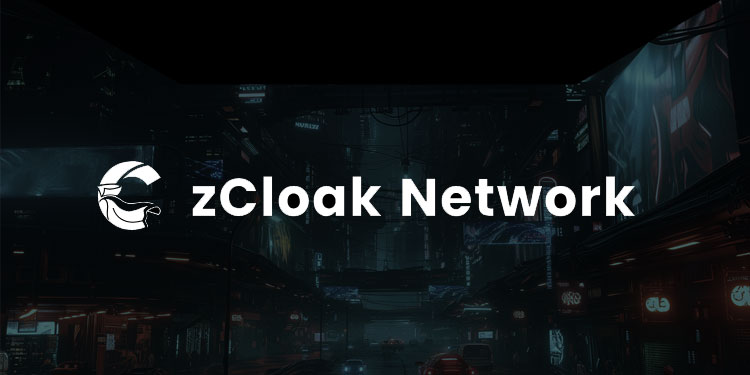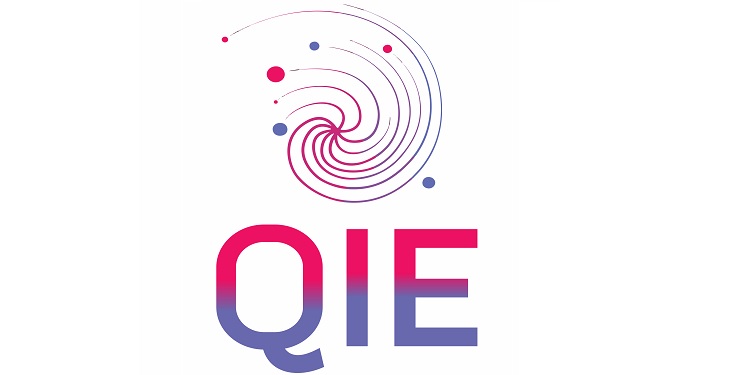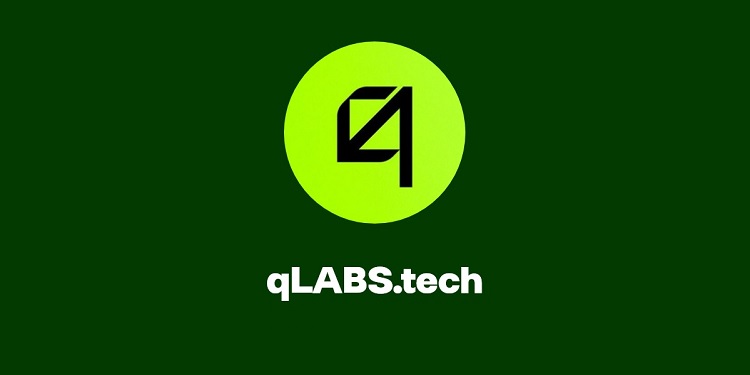Ethereum, once regarded as the dominant force in smart contracts and decentralized applications, is currently navigating significant market challenges. A recent analysis by JPMorgan, led by Managing Director Nikolaos Panigirtzoglou, has outlined concerns regarding Ethereum’s declining market share. The report indicates that Ethereum’s dominance in the cryptocurrency sector has fallen to its lowest level in four years, coinciding with a market surge triggered by the upcoming U.S. elections.
The primary factor contributing to Ethereum’s struggles is the increasing competition from newer blockchain networks, particularly Solana, as well as various Layer 2 scaling solutions. These alternatives provide users with lower transaction fees and enhanced scalability, drawing activity away from Ethereum’s mainnet. While Ethereum’s recent Dencun upgrade was intended to optimize costs and expand network capacity, it has not been sufficient to counteract the migration of users to more cost-efficient Layer 2 solutions.
Decentralized Applications Seeking Independence
Ethereum’s position is further weakened by the strategic decisions of major decentralized applications to move away from its network. Notable platforms such as Uniswap, dYdX, and Hyperliquid are shifting towards their independent blockchain ecosystems to improve operational efficiency and reduce costs. The anticipated transition of Uniswap to its proprietary Unichain is particularly significant, as it could lead to a decline in Ethereum’s transaction fee revenues. A decrease in transaction fees could result in fewer token burns, potentially increasing Ethereum’s circulating supply and raising inflationary concerns.
Despite these setbacks, Ethereum continues to be a key player in stablecoin issuance, decentralized finance (DeFi), and tokenization. However, its ability to sustain this leadership remains uncertain as newer blockchain solutions continue to attract market participants.
Ethereum’s Strategic Response
In an effort to counteract these challenges, Ethereum’s co-founder Vitalik Buterin, alongside the Ethereum Foundation, has taken proactive steps to enhance the network’s appeal. Their investment in Etherealize, a startup dedicated to promoting Ethereum’s adoption among financial institutions, aims to highlight the blockchain’s tokenization capabilities and simplify integration processes. This initiative is designed to reinforce Ethereum’s position as a preferred platform for institutional use cases, ensuring its relevance in the evolving blockchain landscape.
While Ethereum continues to be an influential force in the industry, analysts at JPMorgan caution that it will face persistent competition from emerging networks. The extent to which Ethereum can sustain its dominance will depend on its ability to innovate and adapt to the rapidly changing blockchain ecosystem. If it fails to address scalability and cost concerns effectively, its market prominence and institutional appeal could further diminish.









